Impostor Syndrome in Tech: Why It Hits Hard and What to Do About it
Decoding Impostor Syndrome in DevOps and Software Engineering 🎭

Have you ever thought you are not good enough at work? You are not that smart to get that job, and it’s all just luck? That’s called the “Impostor Syndrome”! And it’s common than you think because many people don’t even dare to talk about it! 🎭
To make it directly to the point, this post will cover the following questions (mainly focusing on DevOps, but it’s still valid for software engineering, and also in general):
What is impostor syndrome, and what is not?
Why does impostor syndrome hit hard?
What to do about impostor syndrome?
1. What is impostor syndrome, and what is not?
Impostor syndrome is one of the most common issues in all industries, and the tech industry is no different. In case you didn’t hear this term before, it basically means (and here it’s directly quoted from Wikipedia): “The subjective experience of perceived self-doubt in one’s abilities and accomplishments compared with others, despite evidence to suggest the contrary”. It’s a psychological phenomenon, not a clinical syndrome or a disorder.
First of all, it’s essential to understand that impostor syndrome is a general concept, not specifically related to the DevOps or software engineering domain; however, it’s critical to recognize that impostor syndrome itself is not a single type.
We will not go into details about this, but here are some types of people who feel they are impostors:
The Perfectionist: “If it’s not perfect, I failed”.
The Expert: “If I don’t know everything, I don’t belong here”.
The Lone Wolf: “If I ask for help, it means I’m incompetent”.
The People Pleaser: “If I don’t keep everyone happy, they’ll think I’m not good enough”.
Finally, on the other end of the spectrum, there is “Dunning–Kruger effect”, which is “the systematic tendency of people with low ability in a specific area to give overly positive assessments of this ability”. We will not cover this here; it’s a topic for another day.
2. Why does impostor syndrome hit hard?
2.1. Growth doesn’t follow one pattern
Growth isn’t linear; it follows various patterns. You have probably heard that many times, but most people forget about it. Many people experience self-doubt because their brain becomes anxious when it cannot find a clear pattern of growth, and fills the gaps with that feeling. Growth rarely moves in a straight line; it’s actually like body types, it comes in different shapes and sizes.
This is not just about DevOps or the software industry; it’s a human thing! The irony is that impostor syndrome can hit when you try to move forward or when you do nothing new at all. Basically, because it’s not driven by action, it’s a state of mind!
In reality, steady growth is mostly not possible; human growth is not a mathematical equation and is influenced by numerous factors.
2.2. Software development is a super dynamic domain
Compared to other industries, software production is a relatively new domain; however, it’s one of the fastest-growing domains and is constantly evolving. Every couple of years, we see new technologies and standards, as well as ever-evolving methodologies.
Imagine an industry that changes at lightning speed! Let’s admit it, there is a lot of fear of missing out (FOMO) in this domain. It’s challenging to keep up with the changes all the time, which leaves a lot of room for unknowns and uncertainties.
The domain is cyclical, and every cycle brings something new, whether it’s Cloud Computing, IoT, Blockchain, or now AI. So, by default, the nature of the industry feeds the impostor syndrome.
2.3. DevOps requires special skills and knowledge
The DevOps methodology was born out of the significant shift in the software production process. The old methods couldn’t cope with that kind of change; hence, DevOps is by definition extremely dynamic. Do you remember what the DevOps symbol is? It’s an infinite loop! ♾️
Many people in software engineering are familiar with the various specializations within the industry; however, when it comes to DevOps, most people (including the DevOps specialists themselves) believe in DevOps as a single, monolithic concept and aren’t even familiar with DevOps Topologies. Therefore, many people panic when they haven’t heard about some of those topologies and environments.
For the same reason, DevOps requires a different engineering profile. A successful DevOps Engineer is both a generalist and a specialist at the same time, i.e., an engineer with T-shaped skills.
You cannot be just a generalist or just a specialist. You should be both at the same time! And, as usual in the modern age, humans tend to excel in one area more than others. And that comes with a lot of insecurities.
2.4. DevOps titles don’t represent the skills
DevOps has evolved over the years, which is a good thing. However, whether we like it or not, at a certain point, it became a hype and trend where everyone wants to have the DevOps badge!
And besides the different flavors of the DevOps role (such as DevOps Engineer, Site Reliability Engineer (SRE), Cloud Engineer, Platform Engineer, etc.), you will find people who do DevOps but don’t have the title, and you will find people who have the title but don’t do DevOps! That’s enough to have a lot of anxiety, uncertainties, and self-doubt.
To conclude this section, Software Engineering and DevOps are, inherently, a fast-moving field that requires different skills compared to many other roles in the software industry. Put all that together, and it’s no surprise that the field has plenty of insecurities.
So, how to handle this? The following section is actually for everyone, whether you are a DevOps specialist or a software engineer.
3. How to deal with impostor syndrome?
3.1. Self-awareness is the key!
We all know that there is no silver bullet; however, if there is one, it’s for sure “Self-awareness“! It will not stop impostor syndrome from kicking in, but Self-awareness will suppress it to a minimum by setting realistic expectations.
Understanding yourself will help your healthy growth. You can handle many things with confidence if you know your strengths. And you are less vulnerable if you are already aware of your weaknesses.
Also, it’s fine if you don’t know, as it’s always way more what you know, and what you don’t know, you don’t know is even more (no need to puzzle over, just look at the chart above). There will always be people better than you, and you will always be better than others. Know what you bring to the table, and you will be fine.
3.2. Your perception is not the reality!
Let’s face it, a big chunk of the impostor syndrome is coming from your mind! You “think” you know less, and you “think” others know more, and you “think” different people in the same position will be better than you! As you see, it’s a delusion in the first place.
Always try to support your thoughts with numbers and facts. And it’s challenging unless you have self-awareness (as mentioned earlier). Moreover, ensure that you have trusted and credible people to share your thoughts with, who will help you validate those thoughts and provide honest feedback to you. Remember, you shouldn’t just ask a “friend”, you need some honest feedback and, at the same time, have the knowledge about the topic.
By combining self-awareness (internal) with this support group (external), you will be able to pinpoint precisely where you stand and in which direction you need to head.
3.3. Track your achievements!
One of the most underestimated ways to deal with impostor syndrome is “tracking”! If you don’t track your wins, it’s easy to feel like an impostor. Tracking your progress and achievements helps you understand your capabilities more clearly. It also provides you with something objective to counter self-doubt.
In fact, it’s not only essential to fight impostor syndrome but also for healthy growth. The human brain tends to magnify mistakes and dismiss success (do you remember how often your brain pops up and reminds you of an embarrassing situation?).
Create a space to track your achievements, whether it’s a notebook or a board, physical or electronic. Just do it and make it visible to you, and ensure to update it continuously (some people update it every x amount of time, like quarterly, while others update it whenever they achieve something).
3.4. Sometimes it’s you, sometimes it’s not!
Ultimately, you have to take responsibility for your actions. You're probably not an impostor; you could be not good enough! Which is fine, just do something about it! If you applied the previous points, you should be able to know your capabilities and what works for you and what doesn’t. In many cases, it’s just about finding the right way that fits you to make it (and no need to fake it).
On the other hand, sometimes it’s not you, it’s the environment around you! Taking the blame for everything will not help the situation. Perhaps you should try an alternative approach or consider a different environment. For example, you shouldn’t be afraid to ask, but the environment around you doesn’t provide you with the psychological safety.
However, it’s important to remember:
Acceptance doesn’t mean being passive or uninterested; you still need to do whatever you can to address any limitations on your end.
Don’t swing to the opposite extreme and slip into the Dunning–Kruger effect, where you start believing you’re better than you actually are.
4. Final thought
Leaving impostor syndrome unaddressed could significantly limit your career growth. That feeling will happen from time to time, but you can minimize its effect by following the methods above.
Understanding yourself takes time and comes in phases, but it leads to self-awareness, which is essential for both personal and professional growth. Self-awareness will help you a lot, but you still need external feedback; find people who can support you. That could be your manager, mentor, or a friend in the same domain.
And if you ask anyone with years of experience in the software industry, they will tell you that the total number of true impostors they’ve met is probably fewer than they can count on one hand!
Thanks for your time, and hope you enjoy the journey! Here is a kickoff checklist:
📃 Read the frequently asked questions page (it has much valuable information).
⭐ Star the project repo on GitHub (for better visibility).
🌐 Join the Telegram group (for interactive communication).
Happy DevOpsing ♾️


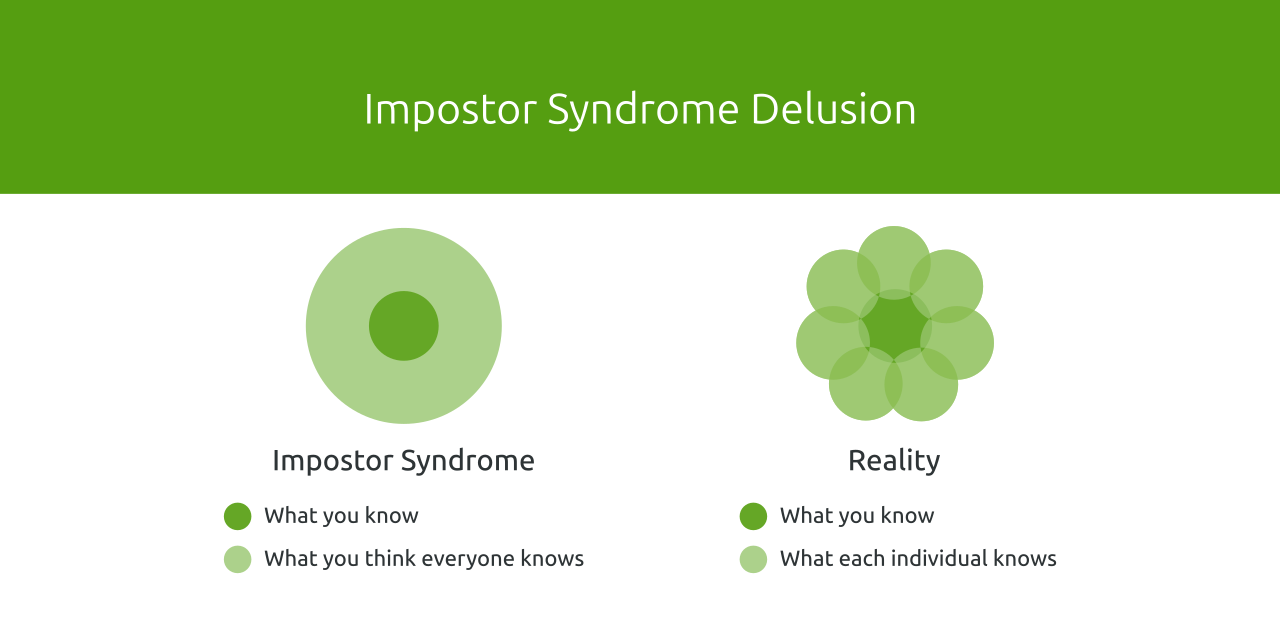
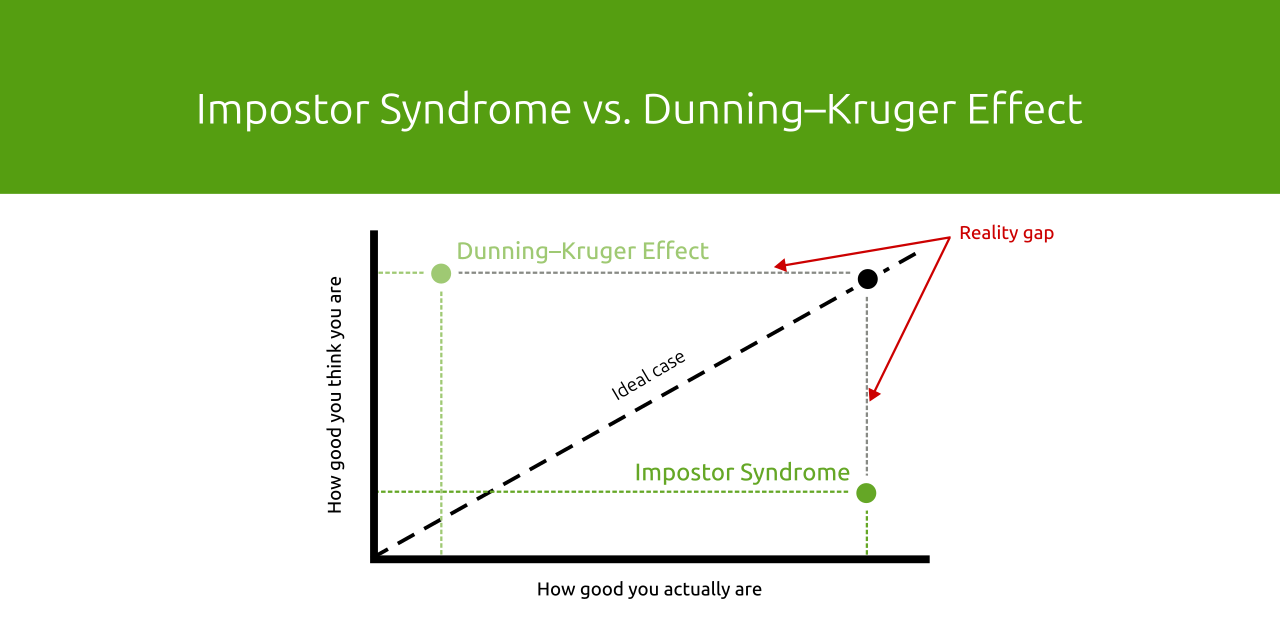
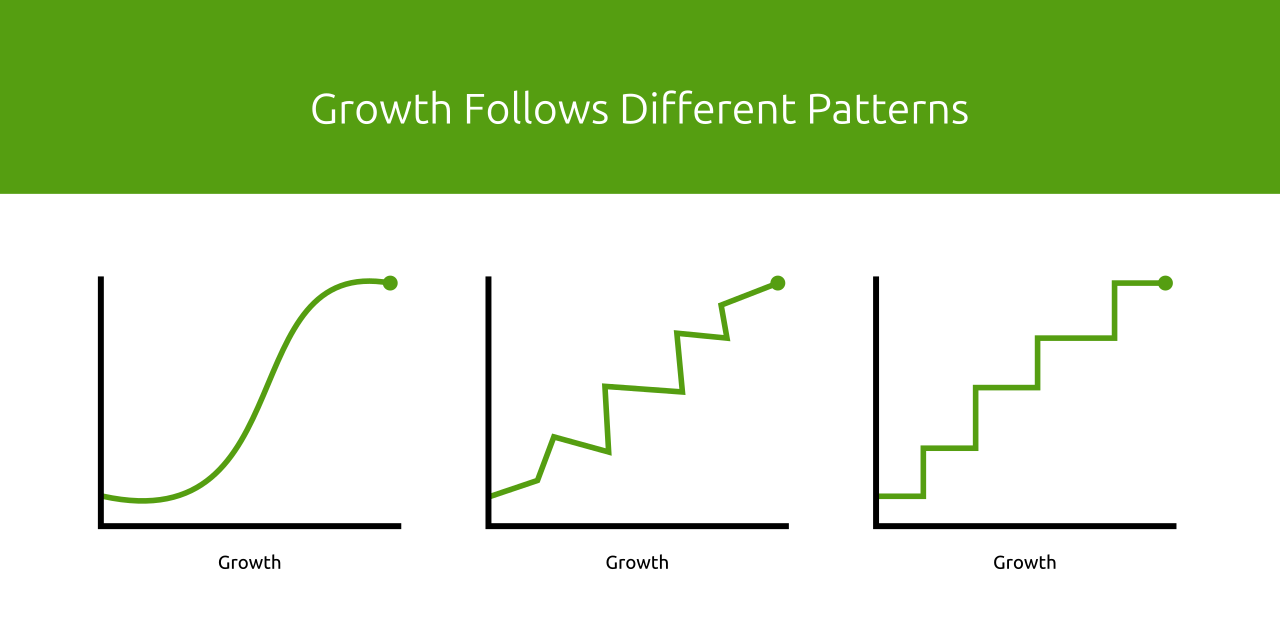
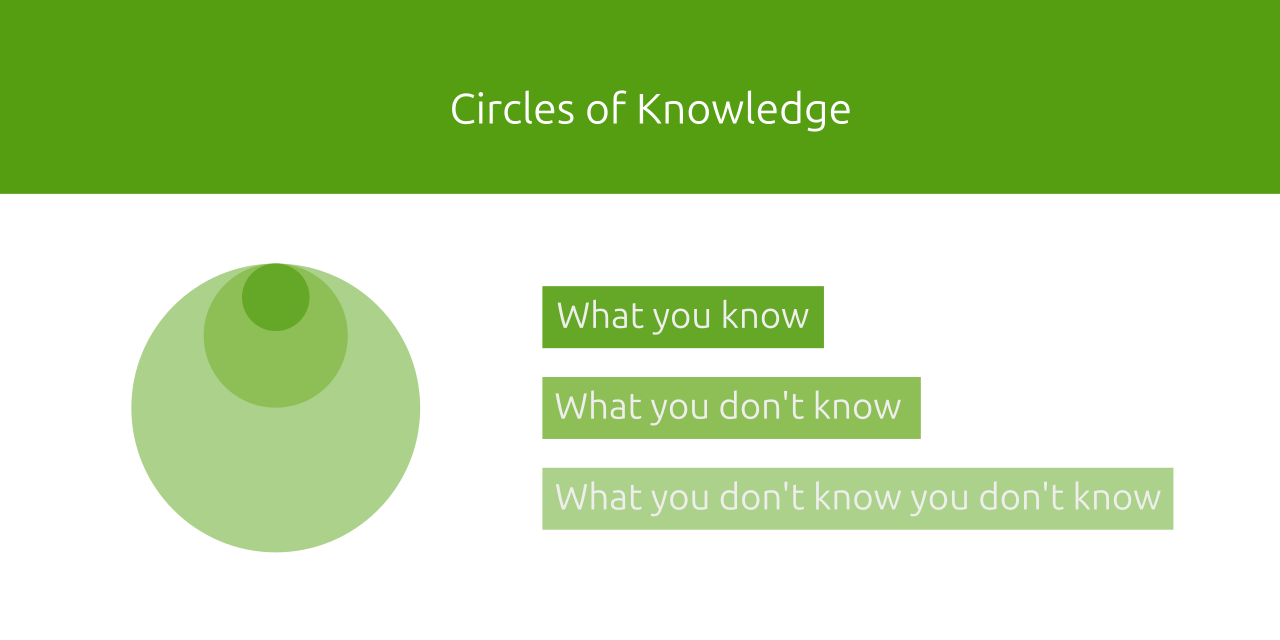
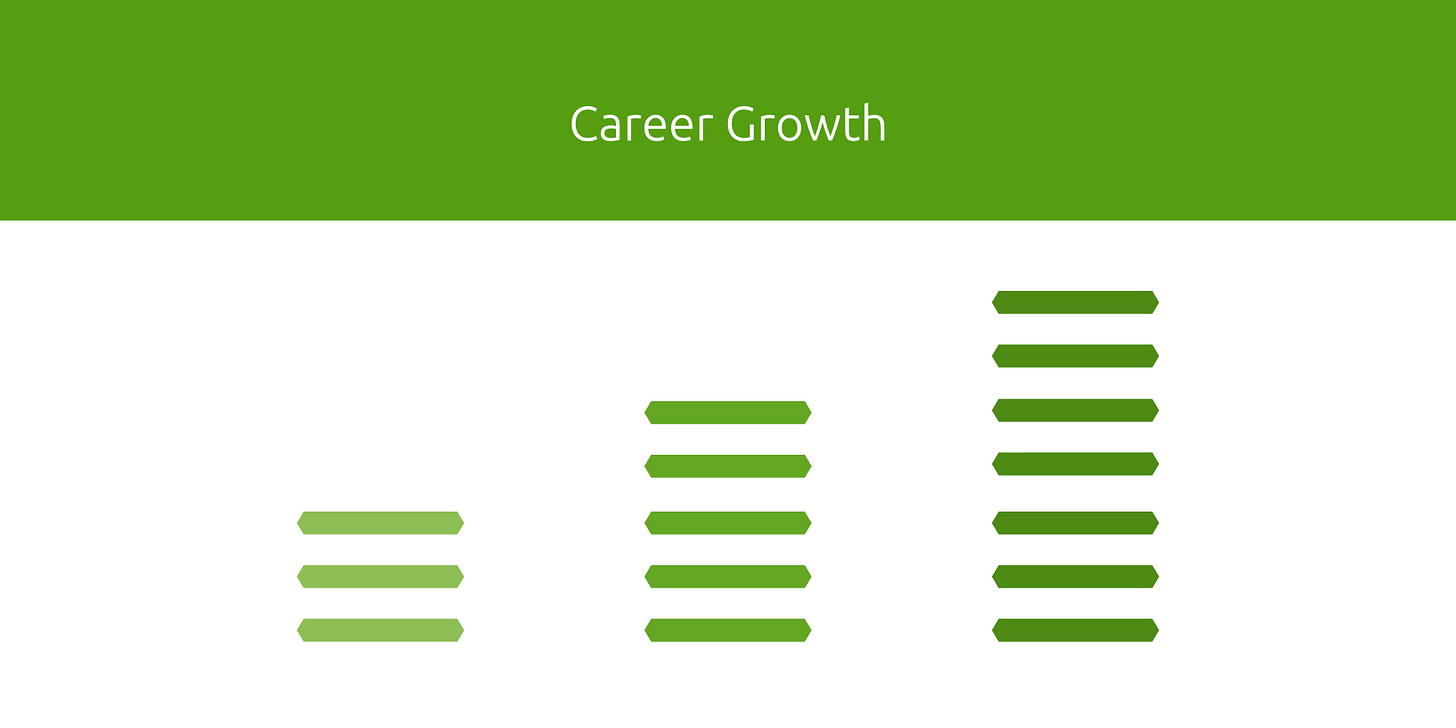
Amazing arcitle form my favorite engineer
Thanks for these words .
You touch my main problem that I faced for 4 years ago. Now I will work with your guidelines .
بارك الله فيك يا هندسة وربنا يجعل عملك هذا في ميزان حسناتك